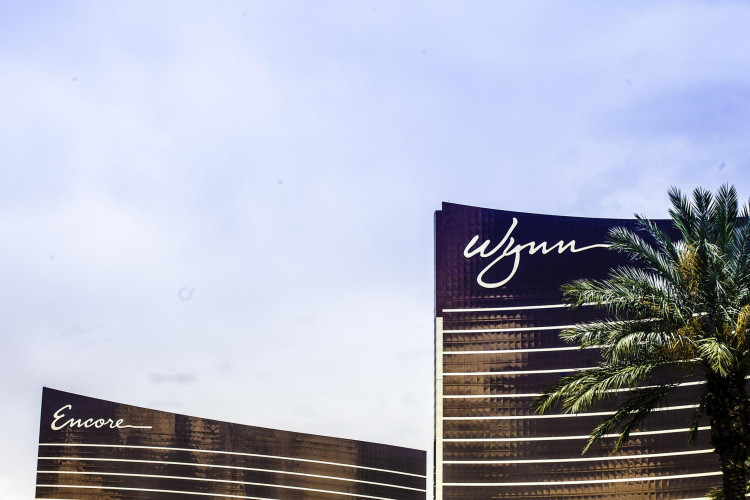After the city's administration announced over the weekend that its six current casino operators will be given fresh licenses to operate in the greatest gambling hub in the world starting in January, shares of Wynn Macau are expected to jump 7.8%, driving up gaming stocks in the city.
The much-awaited statement denotes stability and continuity for the Macau operators, who have made over $50 billion in investments in the Chinese special administrative territory over the past 20 years. Officials in Macau, the largest casino center in the world, stated at a news briefing that securing local jobs, expanding international visitor markets, and establishing non-gambling ventures were the major factors in issuing licenses.
The expected gains for SJM Holdings, Melco International, and MGM China range from 1.3% to 5%. Both Sands China and Galaxy Entertainment are anticipated to open flat or down slightly.
The casino sector would have had to be given back to the government for free at the end of this year if any incumbents had lost, making it financially impossible to run the other facilities as gaming generates between 80% and 90% of overall revenue.
Since 2002, several companies have been active in the Chinese Special Administrative Region, including Sands China, Wynn Macau, Galaxy Entertainment, MGM China, Melco Resorts, and SJM Holdings. The conclusion of this year will see the end of their concessions.
Due to its strong non-gaming track record and mass market appeal, Genting Malaysia has been seen as a legitimate contender for a Macau license. Beijing is adamant that Macau diversify away from gambling and draw foreign tourists, and Genting Malaysia met both criteria. An email request for comment from the business did not immediately receive a response.
The largest casino center in the world, Macau, which has been plagued by a COVID-19 outbreak, is on pace to resume some semblance of normalcy, according to local authorities, after two rounds of widespread COVID-19 testing, last week revealed no new illnesses. Prior to discovering an imported coronavirus case on October 26, the Chinese territory had been following COVID-19 safety precautions without any stern lockdowns. It stated it had ten cases in the ongoing outbreak, of which two it believed to be imported, in a statement posted on its website.
The region strictly adheres to Beijing's "dynamic zero" coronavirus policy, which aims to quickly put an end to any outbreaks. The city's border with mainland China is open, and nearby Zhuhai is home to a sizable population. All foreign arrivals are subject to a seven-day hotel quarantine, and border crossings still require virus testing.




